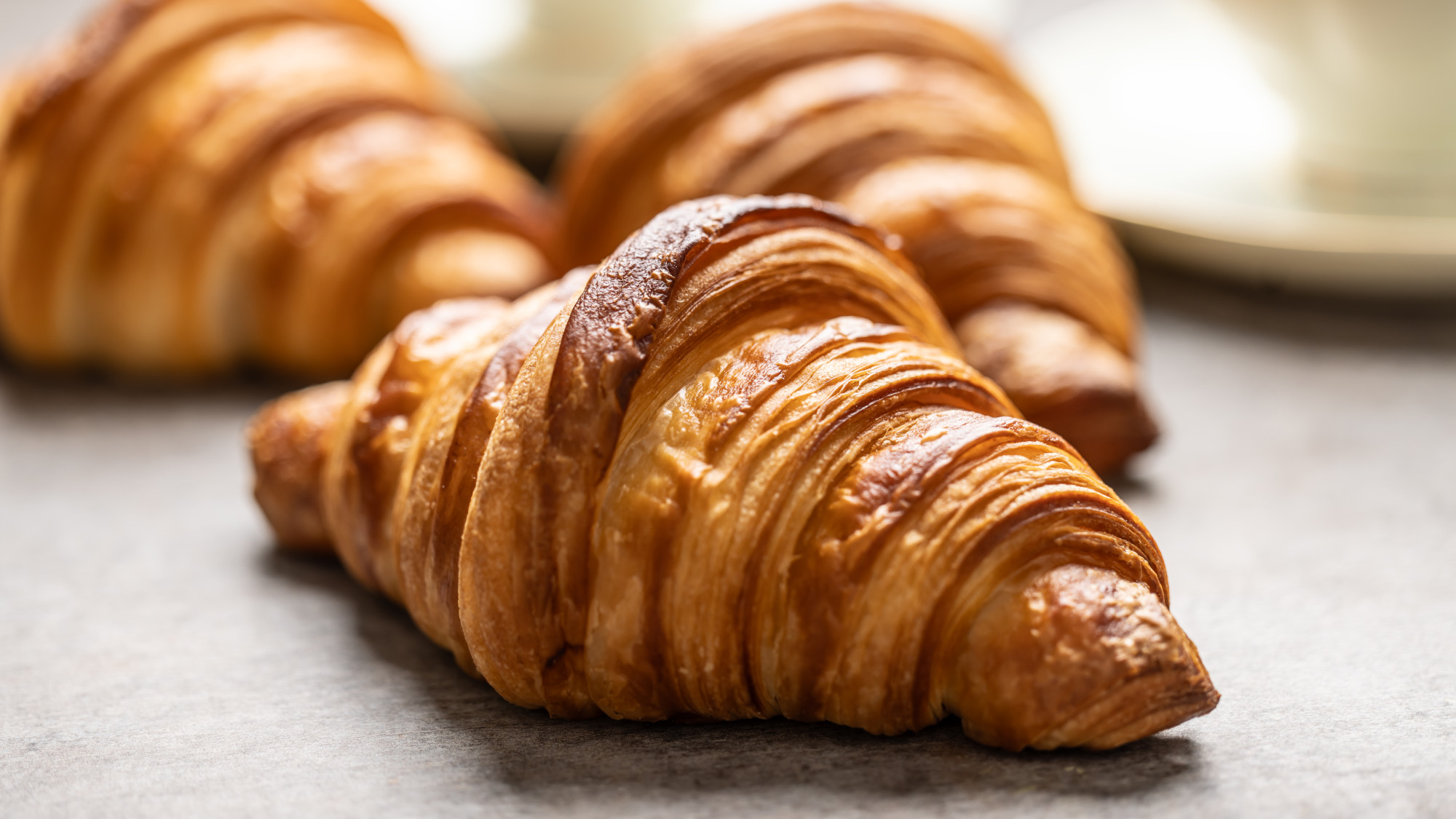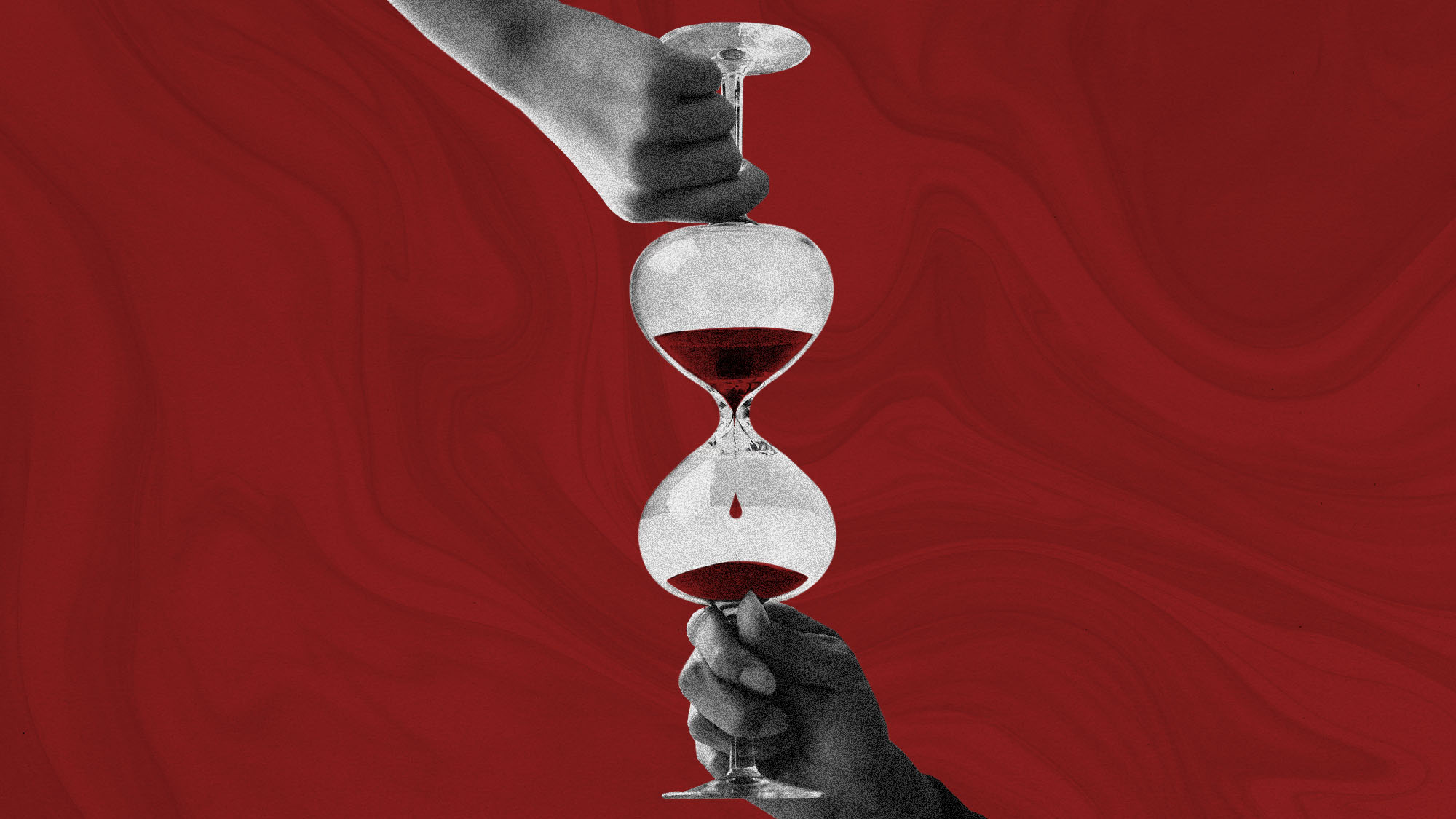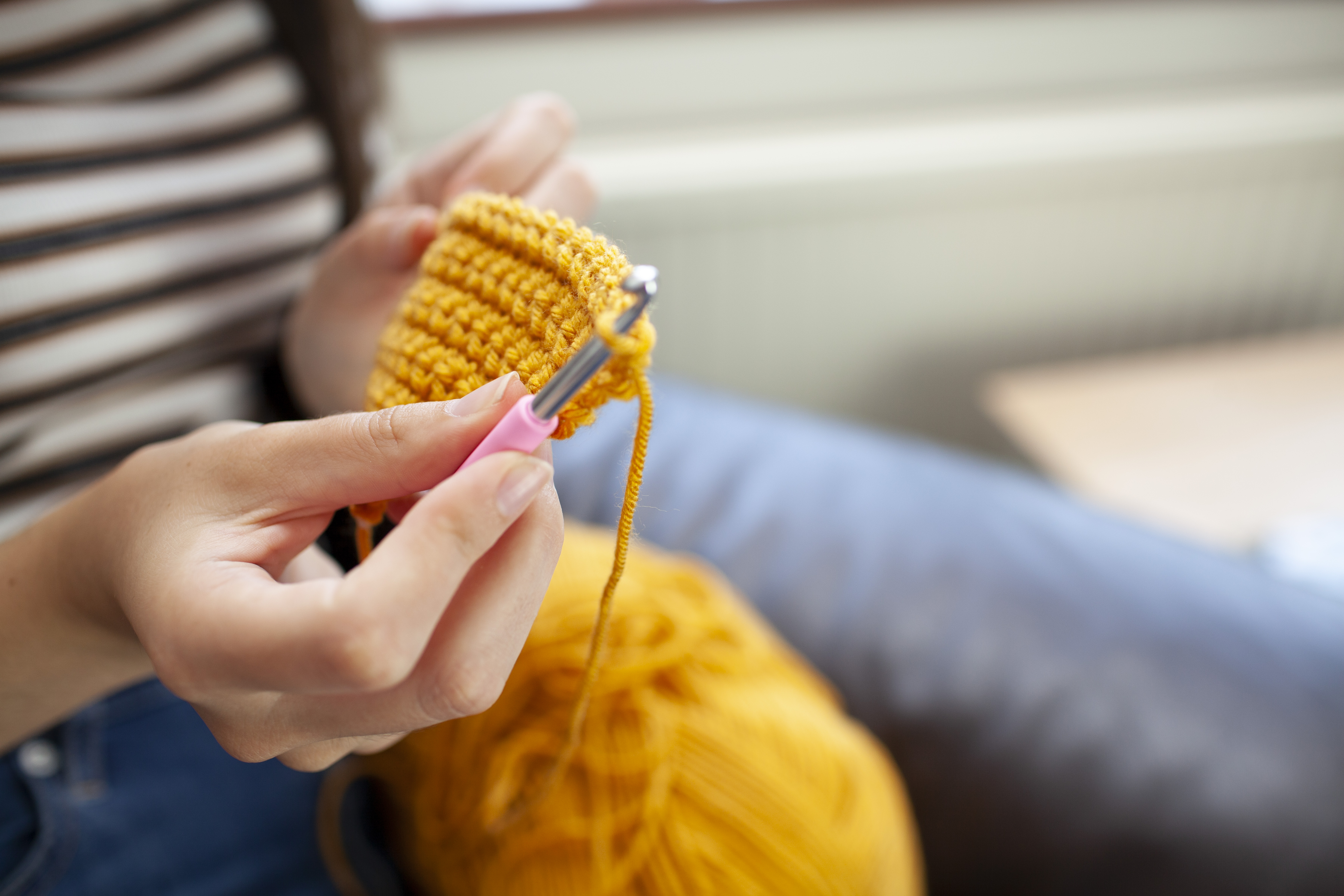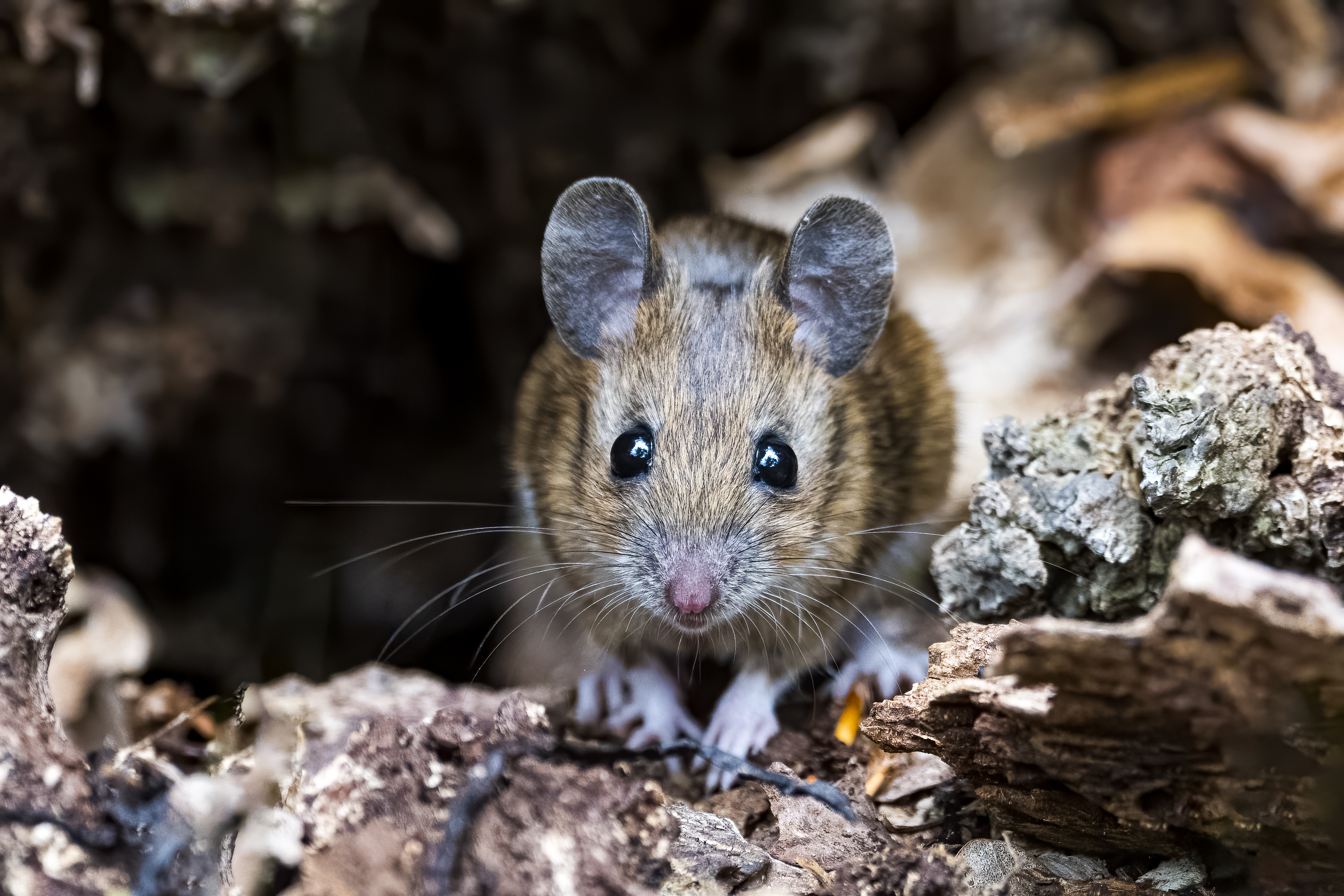The week's good news: Nov. 2, 2023
It wasn't all bad!


- In Minneapolis, connections are being made over the dinner table
- New gene therapy restores hearing pathways in deaf children
- Study suggests changing timing of chemo drugs boosts cervical cancer survival rates
- Hope came to this duck in the form of a 3D-printed limb
- Teen creates smart spoon to make eating easier for everyone
A free daily email with the biggest news stories of the day – and the best features from TheWeek.com
You are now subscribed
Your newsletter sign-up was successful
In Minneapolis, connections are being made over the dinner table
The idea behind Stories Behind the Menu is simple and time-tested: use food to bring people together. The program was started by Chaz Sandifer, who came up with the idea after chatting with an Indigenous chef in Minneapolis and learning that his restaurant is on land that once belonged to his ancestors. "Conversation and food — if we start there, we can have a great courageous conversation," Sandifer told the Star Tribune. The program started with 60 participants, and has grown to 150. Dinners are held four times a year, and there's just one rule: sit next to someone you don't know. The goal is to not only have people share their perspectives with new friends, but also learn more about other cultures through cuisine prepared by local chefs and caterers. Sandifer said she has found connections come easy, and people "really want to be educated on things they don't know and the biases they've learned. So I appreciate the open mind and heart."
New gene therapy restores hearing pathways in deaf children
In China, four deaf children who participated in a gene therapy trial can now hear. As part of the study, the kids, who were deaf at birth, underwent a procedure where "doctors used a virus to add replacement DNA to the cells in [their] inner ear that pick up vibrations, allowing them to transmit sound to [the] brain," MIT Technology Review reported. One mother said that within a few weeks, her daughter could hear out of the treated ear, and one of the study's scientists said a child reported being able to even hear whispering. This first-of-its-kind treatment is specifically tailored for those whose deafness at birth was caused by a defect in the gene that produces a protein called otoferlin. Lawrence Lustig, a physician at Columbia University, told MIT Technology Review that "any hearing improvement I would call a total win, and getting patients to moderate hearing loss is remarkable. As a first step, this is huge."
Study suggests changing timing of chemo drugs boosts cervical cancer survival rates
Researchers have found that using two inexpensive chemotherapy drugs ahead of radiation to treat cervical cancer cuts the risk of women dying of the disease or it returning by 35%. The new treatment is a six-week course of carboplatin and paclitaxel chemotherapy, followed by radiation and weekly chemoradiation. In the trial of 500 women with cervical cancer, half underwent the new treatment and the rest received only chemoradiation. Researchers followed up with the participants five years later, and found that out of those who received the new treatment, 80% were still alive and 73% said their cancer had not returned or spread. Of the participants who only went through chemoradiation, 72% were alive and 64% said their cancer had not returned or spread. The study was announced at the recent European Society for Medical Oncology conference. The trial's lead, Dr. Mary McCormack, called the results of the new treatment "the biggest improvement in outcome in this disease in over 20 years."
The Week
Escape your echo chamber. Get the facts behind the news, plus analysis from multiple perspectives.

Sign up for The Week's Free Newsletters
From our morning news briefing to a weekly Good News Newsletter, get the best of The Week delivered directly to your inbox.
From our morning news briefing to a weekly Good News Newsletter, get the best of The Week delivered directly to your inbox.
Hope came to this duck in the form of a 3D-printed limb
A duck born with a twisted leg that left it unable to walk can now move around, thanks to a 3D-printed limb. Hope, a runner duck, was born in Germany to a flock kept as pets by Jennifer Laszenszky, a beautician from Altdorf. Hope underwent an unsuccessful surgery to try to straighten its leg, and Laszenszky moved on to Plan B: she contacted a 3D-limb designer, who made a special device with Velcro that attached to Hope's leg. To see Hope quacking "excitedly" after having the 3D limb attached brought "tears to my eyes," Laszenszky told Bild.
Teen creates smart spoon to make eating easier for everyone
Aarrav Anil used his interest in robotics to create a smart spoon that could change the way people who have hand tremors eat. The 17-year-old from Bengaluru in India said he was inspired to make the spoon after watching how hard it could be for his uncle, who has Parkinson's disease, to eat. Anil has all sorts of gadgets and gizmos in his room, and he was able to use sensors, motors and a 3D printer to make a smart spoon prototype. The sensors "detect tremors on one side and activate movement on the other," The Guardian explained, and this helps keep the spoon stable. The spoon will likely cost around $80, Anil said, which is less expensive than current options. His prototype is currently being tested at a college of physiotherapy near his home.
A free daily email with the biggest news stories of the day – and the best features from TheWeek.com
Catherine Garcia has worked as a senior writer at The Week since 2014. Her writing and reporting have appeared in Entertainment Weekly, The New York Times, Wirecutter, NBC News and "The Book of Jezebel," among others. She's a graduate of the University of Redlands and the Columbia University Graduate School of Journalism.
-
 6 of the world’s most accessible destinations
6 of the world’s most accessible destinationsThe Week Recommends Experience all of Berlin, Singapore and Sydney
-
 How the FCC’s ‘equal time’ rule works
How the FCC’s ‘equal time’ rule worksIn the Spotlight The law is at the heart of the Colbert-CBS conflict
-
 What is the endgame in the DHS shutdown?
What is the endgame in the DHS shutdown?Today’s Big Question Democrats want to rein in ICE’s immigration crackdown
-
 Critics’ choice: Celebrating rare Asian cuisines
Critics’ choice: Celebrating rare Asian cuisinesFeature The 2025 Restaurant of the Year, a Hmong culinary tribute, and an Uyghur feast
-
 The 9 restaurants to eat at this very moment
The 9 restaurants to eat at this very momentThe Week Recommends They’re award-winning. Isn’t that reason enough?
-
 7 ways to drink spectacularly across the United States this spring
7 ways to drink spectacularly across the United States this springThe Week Recommends A bar for every springtime occasion
-
 The link between meat and diabetes
The link between meat and diabetesThe Explainer Study links processed meat to the disease, but it has an 'inevitable' limitation
-
 The myth of 'healthy' moderate drinking
The myth of 'healthy' moderate drinkingUnder The Radar The shaky logic that a daily tipple can lengthen your life has been a 'propaganda coup for the alcohol industry'
-
 8 standout restaurants worth visiting this summer
8 standout restaurants worth visiting this summerThe Week Recommends Cafés upending norms, a rooftop with natural wine and Sicilian eats and a Pacific Northwest bistro
-
 The week's good news: Jan. 18, 2024
The week's good news: Jan. 18, 2024Feature It wasn't all bad!
-
 The week's good news: Jan. 11, 2024
The week's good news: Jan. 11, 2024Feature It wasn't all bad!
